Another Slant On Living On A Farm
A wise friend recently said that every time a person tells about his or her experiences as a child, he or she subconsciously revises them just a little bit.
It just came to me that if I tell of my farm experiences maybe one more time, I might finally get the story right.
So, to give my descendants a better feel for “That’s The Way It Was,“ and to stimulate you to think about your childhood again, here is a “revised” thumbnail sketch of what I remember about living on the farm.
How My Farm Life Began
Old Doc Marvel came two miles from Weldon, Illinois to our farm house — in a snowstorm — to deliver me on Feb 3, 1934.
My mother was very pleased with her new baby, and announced that his name would be Phares Glyn—named after her mother Alice Phares.
Doc Marvel expressed immediate dislike for the name — mumbling that “Phares Glyn” sounded too much like “Paris Green” (a very poisonous bright green powder that was used as an insecticide and also as a paint pigment).
But my mother was unwavering, and that was that.
However, for some strange reason, she had a dislike for the color green throughout her life.
What Kind of World Was I Born Into?
If you would have questioned my mother about the world at that time, she might have said, “It is going to hell in a handbasket.”
After all, 1934 was one of the hottest years on record and arguably one of the worst years of the Great Depression.
And with John Dillinger and Bonnie and Clyde running around the country robbing banks and shooting at FBI agents, things looked grim indeed.
Internationally, too, things were in a mess — Hitler was staging a bloody purge of the Nazi party and declaring himself Fuhrer — and Japan was beginning to re-arm its warships as it renounced treaties with America.
But, although my mother probably didn’t know it, there was a lighter and more positive side.
For example, Franklin Roosevelt — because of his New Deal — was Time magazine’s Man of the Year.
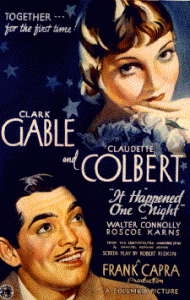 And “It Happened One Night,” the first film to ever win the Oscar “grand slam” (Best Picture, Best Actor, Best Actress, Best Director, and Best Screenplay), directed by Frank Capra and starring Claudet Colbert and Clark Gable, was a hit in 1934.
And “It Happened One Night,” the first film to ever win the Oscar “grand slam” (Best Picture, Best Actor, Best Actress, Best Director, and Best Screenplay), directed by Frank Capra and starring Claudet Colbert and Clark Gable, was a hit in 1934.
So was a cartoon, “The Wise Little Hen”starring newcomer Donald Duck
Gable wore no T-shirt in parts of his film, so all the cool males stopped wearing them, too.
Donald Duck wore no pants in the cartoon, but didn’t have the same effect on the population.
Also in 1934, Mae West was in her prime. And Raquel Welch, Brigitte Bardot, and Pat Boone were born. When we were older, my wife Harriet and I admitted to each other that in our teenage years we were reasonably pleased that these three graced our presence.
And by the way, Ritz crackers were invented in 1934, cost 19¢ a box, and were all the rage.
But not for my family. If my mom and dad somehow had 19¢ to spend, they bought a couple of gallon of gasoline for our old McCormick 10-20 tractor.
What Was The Deal On the Farm?
I have a lot of fond memories about growing up on the farm, and remember that it was trying and a lot of work, but also some fun.
But as I look back on it now, I think we gave more time and attention than one might expect to having food, keeping warm, keeping clean, being clothed, disposing of our waste, and a few extras.
Having food
Our family, led by my mother, put hundreds of hours every year into making a garden and harvesting and preserving the vegetables it produced.
There were a lot of Ball fruit jars filled with everything from green beans to pickles in our underground root cellar after we had finished canning.
We also raised chickens, cows, and pigs, and believed they were on this earth to provide chicken, beef, and pork for us to eat.
Butchering steers and hogs was a yearly community event, and killing and preparing chicken to eat was a daily phenomenon to behold.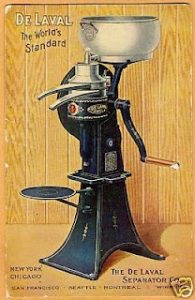
And finally, we milked several cows by hand to have plenty of milk to drink and cream to use in cooking.
We even drummed up enough money to buy a used De Laval Separator, that put the milk out one spout and the cream out another.
Keeping Warm
We were pretty concerned about keeping warm in the winter on the farm.
One of my jobs when I got older was to carry cobs into the house every night in the winter to feed our cook stove. We used the cook stove to cook with and also to heat bricks to put in our down comforter when we slept upstairs.
We also carried in coal for the big living room stove. If we got too much coal in that stove the and the wind came up — as it often did in the winter — we tried to control the burning of the coal by trying to shut the flue off. Often we couldn’t do this and the stove would get red hot.
Many a time I was scared to death that the red hot stove would set the house on fire and burn it to the ground.
Keeping Clean
It was pretty hard to keep clean with no running water and no bathtub.
Trying to sit in a small round washing tub to take a bath was a big challenge, but we all tried to do it.
One of the greatest days ever was when my father found someone who was throwing away an old bathtub, with ornamental legs.
We couldn’t hook it up to running water, but we put it on the porch, and delighted in carrying water to pour in it so we could take what we thought was a real honest to goodness bath.
And, of course, we had to keep our clothes clean too. My mother used a washboard and a ringer to do all of the washing. She taught her daughters to do it, but it was unheard of in those days for a male to touch this “laundry equipment.”
To do the laundry, you put soapy water in the left tub, and rubbed the soapy clothes up and down on the washboard to get the dirt out. Then you ran the clothing through the ringer into the rinse tub on the right, followed by a foray into the back yard to hang all the washed clothes on a clothesline to dry.
Hooray for the modern washer and dryer!
Being Clothed
As I look back on our clothes situation, I feel that I spent my whole young life in overalls, as this photo of me attests.
And “dressing up” essentially meant taking a bath and changing into clean underwear and overalls.
As for my mother and sisters, they became excited when my dad bought a new sack of feed for our animals.
As you can see, the feed sacks had prints on them and this material was used to make dresses for the women in the family.
Disposing of Our Waste
I’m not sure why we didn’t get overwhelmed with germs on the farm in 1934, with such deplorable sanitary conditions.
We had an outdoor privy instead of an indoor toilet, so you can imagine the consequences.
We used chamber pots at night if we had to, and endured the olfactory agony of taking them out the next morning.
And it is true — we used the Sears Roebuck catalog as our toilet paper in the outdoor privy, overjoyed when it was at its newest and we could find the mail-order pages that were softer than the hard shiny ones.
We also used corn cobs when the going got rough and we ran out of paper, or visa versa.
A Few Extras
We had no telephone at first, but much later got on a party line. When you made a call, it was much like making a cell phone call today in a public place. All our neighbors could hear every word.
We had no electricity, so no lighting except small kerosene lamps.
Another great day was when my father found enough money to buy an Aladdin Lamp, which had a wick like a modern day camping lantern. It gave so much more light than a kerosene lamp that we thought we’d died and gone to heaven.
We also had a battery radio, but because we had little money to recharge or get new batteries, what we listened to was rationed.
The Saturday Night Barn Dance, The Lone Ranger, Lum and Abner, The Green Hornet, and Jack Benny — listened to by millions of people — were also our favorites, and were enjoyed by all.
What Was The Impact of All of This?
The Farm Community! Some problems, some healthy fears, some great joys, and a great place in which to grow up.
So in conclusion, here’s a picture of my dad, me as a potential farmer, and a poem I wrote that gives my final thoughts about the farm.
The Farm and Me
I liked living on a farm, with roosters, ducks, and goats.
And enjoyed slopping hogs and feeding horses oats.
I loved calling cows to come and had milking down pat.
The cows gave lots of milk for us, and plenty for the cat.
We planted the seeds and helped the new plants grow.
And we cut weeds from fields so none would ever show.
At harvest time we gathered grain to fill the larders up.
Satisfied with a job well done, we even praised the pup.
We took in the fresh air and relished most of the work.
Seeing animals meet a new day was yet another perk.
We provided all of our own food with no need for things.
I loved the basic simple life and the security it brings.
But not all was fun upon the farm I tell you for a fact.
As for cleaning barn stalls no one wanted in that act.
Cleaning chicken houses bared smells hard to believe.
With odor as the spreader spread too gross to conceive.
The privy and the potty both were awfully hard to take.
And bathing in a 3-foot tub would even thwart the snake.
Light from lowly kerosene, and warm from cobs and coal.
And bricks in bed to beat the freeze all really tried our soul.
Offing garden fires and snakes called for our every ploy.
And the dredge ditch with its Gypsies gave very little joy.
Shutting off the wild windmill was sure a first class pain.
And a ramming by the bull was like a bumping by the train.
We worked from dawn to dark the day was never done.
When hail or fire ruined crop or barn it wasn’t any fun.
Castrating hogs finally broke the pleasure camel’s back.
And rising at five o’clock was enough to make you pack.
So as I grew up learning and became full of farming lore.
Insight came to me once, and later appeared a lot more.
A farmer I was not going to be, come inferno or a flood.
It was plain as the nose on my face it wasn’t in my blood.


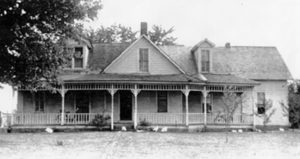
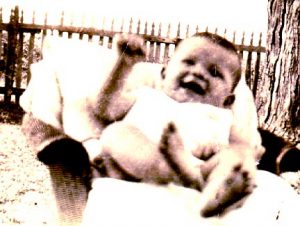
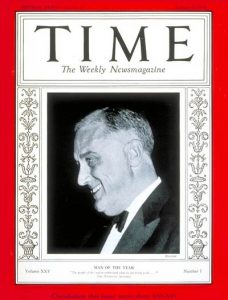
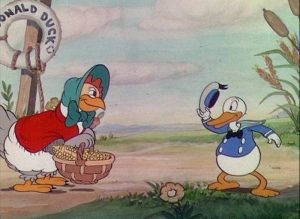
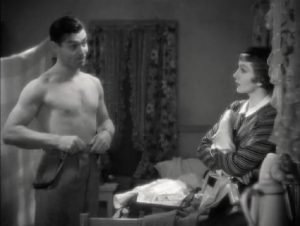




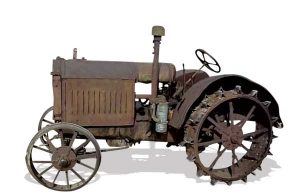
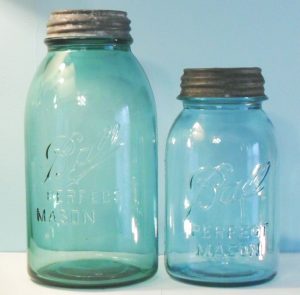
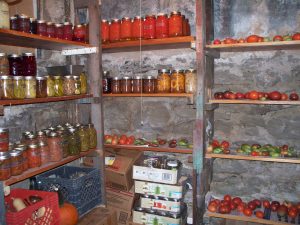

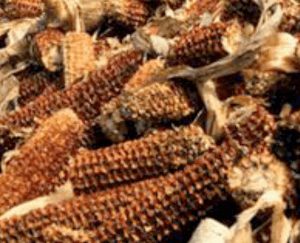
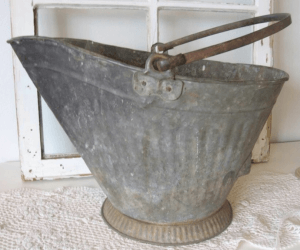
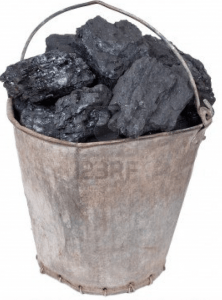
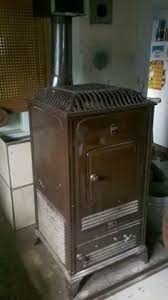
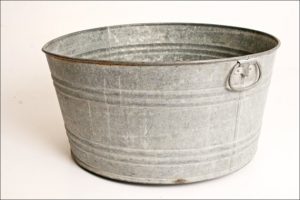
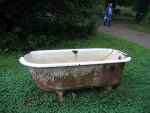
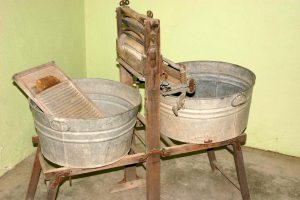
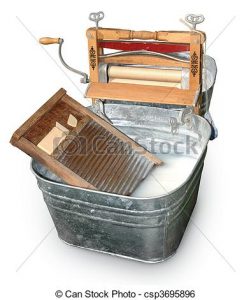
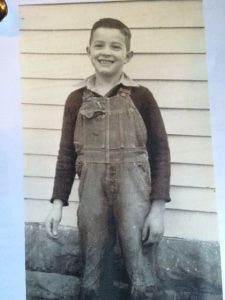

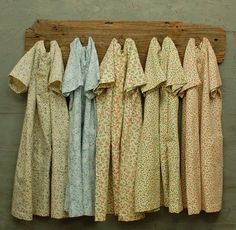

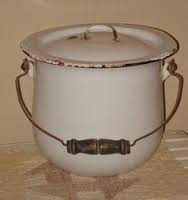
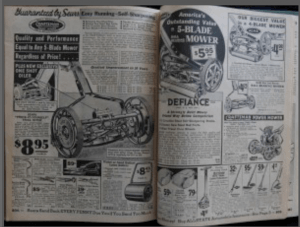
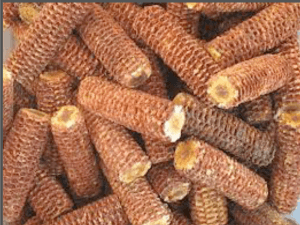
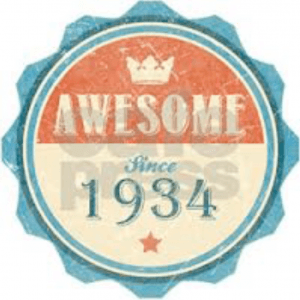
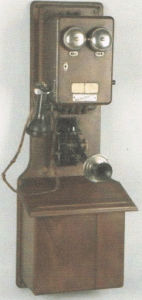

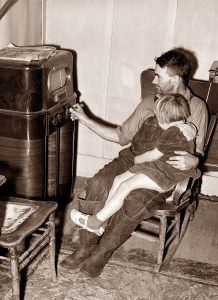
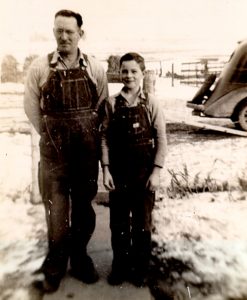
Jean Goodmon Hauser
You catch that time very well indeed, and most of what you talk about I remember from my own Weldon childhood. Do remember Dr. Marvel from our rounds of mumps etc. The world has indeed changed for all of us, but I’ve always been happy for my rural childhood.
Best
Jean
Ron Bell
Fascinating Phares!
From Brigette Bardot to red hot stove,
olfactory agonies to bathing in wash tubs,
from milking cows to feed sack dresses,
full of fun, family teamwork,
appreciation for times past …
and no doubt gratitude for how relatively easy
most of us have it now.
Thanks for the sharing.
Ron
Larry Eggan
I really liked the poem. A city boy like me shared some of the olfactory displeasures, especially when we visited my cousins on their farms. I sawed old RR ties for wood to heat our fireplace – the only heat in one house. I also recall shaking cream in a quart jar to make butter. I think we all had simpler childhoods than todays children, and the Lone Ranger and Green Hornet were great…. The Shadow was scary. Thanks for rekindling memories.
Wally Mead
Your photos and commentary take me back to my summer visits to my uncle’s farm in Robins, Iowa, complete with pumped well water, a wood-burning kitchen stove, a crank (multi-party) phone, an outhouse, a kerosene heater in the middle of the parlor, thick comforters on the beds in the winter, etc. I’m glad you are putting all these memoirs together, Phares, since they bring back my own memories.
My Uncle Carl’s farm house has been moved into “Pioneer Park” in Cedar Rapids to show the present generation how their pioneering forefathers lived.
Howard Daughenbaugh
My goodness, born in ’34 along with the likes of Phares, Bridgette, Raquel, Pat, and the love of life, Judy, makes it, indeed, a wondrous year. Having never known the romance and the roughness of the farm captured by your verbal portrayal, I deeply appreciate the images you have created for my mind’s eye. My mother and father used to share such stories with me of their experiences as children and youth on the farm, and I could always hear both the hardship and thanksgiving in their voices. Somehow I feel both deprived and fortunate never to have lived in a home without running water, both hot and cold, electric lights, a telephone, albeit a party line in the beginning, and indoor plumbing. Thank you for keeping me in touch with a wondrous life. My memories are of the fascinating life of discovery one can experience growing up in a railroad family, not to mention how World War II shaped our lives.
Howard
J. Gordon Bidner
Phares–you captured the time. I was born in Nov. of 1936 and it was a hot year as well. My Mother died on Sept. 14, 1944 so I lived most of the time after that with both sets of grandparents. The Bidner’s didn’t have indoor plumbing until 1950 so I well remember the ‘out house’, the galvanized wash tub and of course the coal and cob fired stove for heating and cooking. I also recall the scarlet fever scare around 1947 when grandmother had me wear an asftity bag—spelling? —a yellow rock like terrible smelling thing that she purchased from the local drug store as a ‘home remedy to prevent illness. So I didn’t contract Scarlet Fever due to this stuff around my neck in a tobacco bag–or maybe my long underwear–or maybe because of just one bath each week on Saturday night.
Thanks for sharing Phares.
Gordon
Lin Warfel
Delighted to read of your experiences, so nicely put!
The pictures are neat! Cream separator was part of my regimen, after milking. the skim milk we carried back out to slop the hogs… Ah, REAL milk! It was very special when we got a Jersey cow. Her milk was better than current half n half! Butter, cream, milk, eggs, pork, beef, lamb, chicken…and veggies from the garden (and basement jars).Trips to the locker in Champaign were a couple of times a month, always combined with other shopping.
Donald Swaar
Being of the nearly same age, this really brings back similar memories, from bib overalls to the party line telephone. In 1955 we were still using a washing machine with the roller wringer and hanging washing to dry outside on a line.